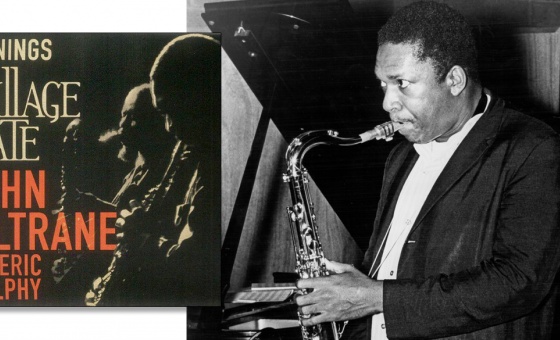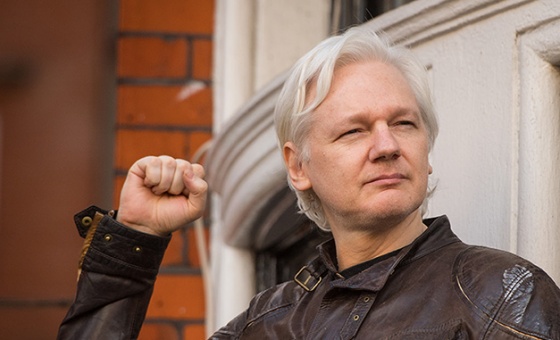This is the last article you can read this month
You can read more article this month
You can read more articles this month
Sorry your limit is up for this month
Reset on:
Please help support the Morning Star by subscribing here
Stay, Illusion! The Hamlet Doctrine
by Simon Critchley and Jamieson Webster
(Verso: £14.99)
Awarte that Hamlet, apart from the Bible, has spawned more commentary virtually since Shakespeare put down his quill than any other work of drama, the authors of this study claim to be "outsiders" to the world of literary criticism. Both bring their respective philosophical and psychological expertise to untangle and elucidate Shakespeare's most enigmatic text.
There are of course many Hamlets but principally there is the Hamlet of the stage and the Hamlet of the page. The former is the product of actor and director working to present a credible, fast-moving dramatic experience to an audience which cannot pause to examine the precise meaning of the demented prince's poetic agonies.
But, as here, the scholarly commentator can mull over every word of the text - or texts, depending on the folio studied - with its multiple meanings and produce an "analysis" which often throws more light on the critic than the play.
As a philosopher Simon Critchley focuses on the play being a demonstration of thought and knowledge as an inhibitor of action, where the protagonist is at the centre of a profoundly political tragedy informed throughout by an atmosphere of fear. If this does not sound such an original observation, then the author's claim to be throwing fresh light on the play is borne out by his concomitant reflection that most modern Shakespeare criticism reveals a "nostalgic yearning" for the play to carry "a redemptive message of reconciliation between the individual and the cosmic order" which laments our alienated condition.
Psychiatrist Jamieson Webster's contribution is somewhat more predictable. Inevitably it engages more with Freud and his influential Oedipal theory of Hamlet than with Shakespeare's hero.
There is a touch of psychobabble as she psychoanalyses the natures and roles of the major characters, although she demands "a different act of reading, something other than this game of scholarship and interpretation to get inside the play." Webster's Hamlet is essentially trapped between narcissism and desire.
Shakespeare's protagonist emerges from this stimulating and often quirkily expressed book as not "a nice guy" at the centre of a play holding a mirror up the negativity of our own contemporary scene. Just as in Hamlet's Denmark, there is something rotten and out of joint in our modern world.
Gordon Parsons









